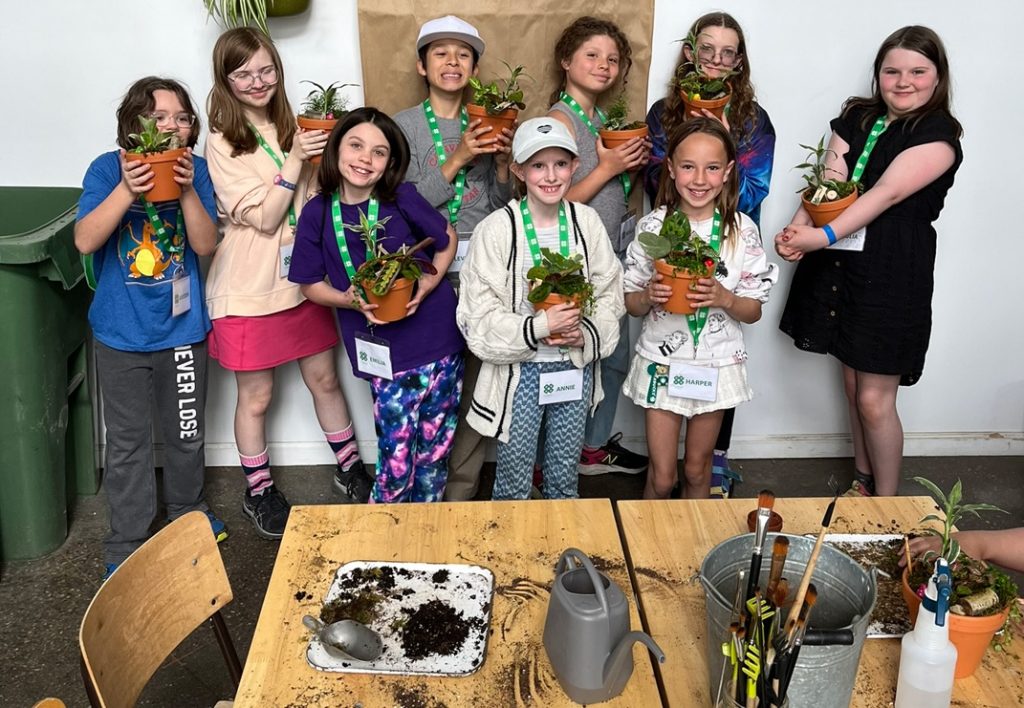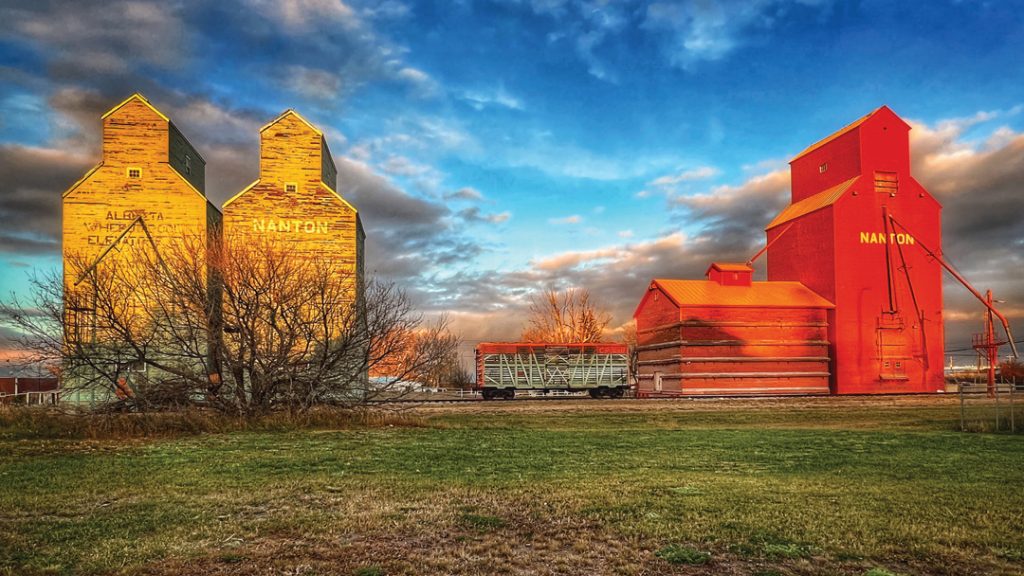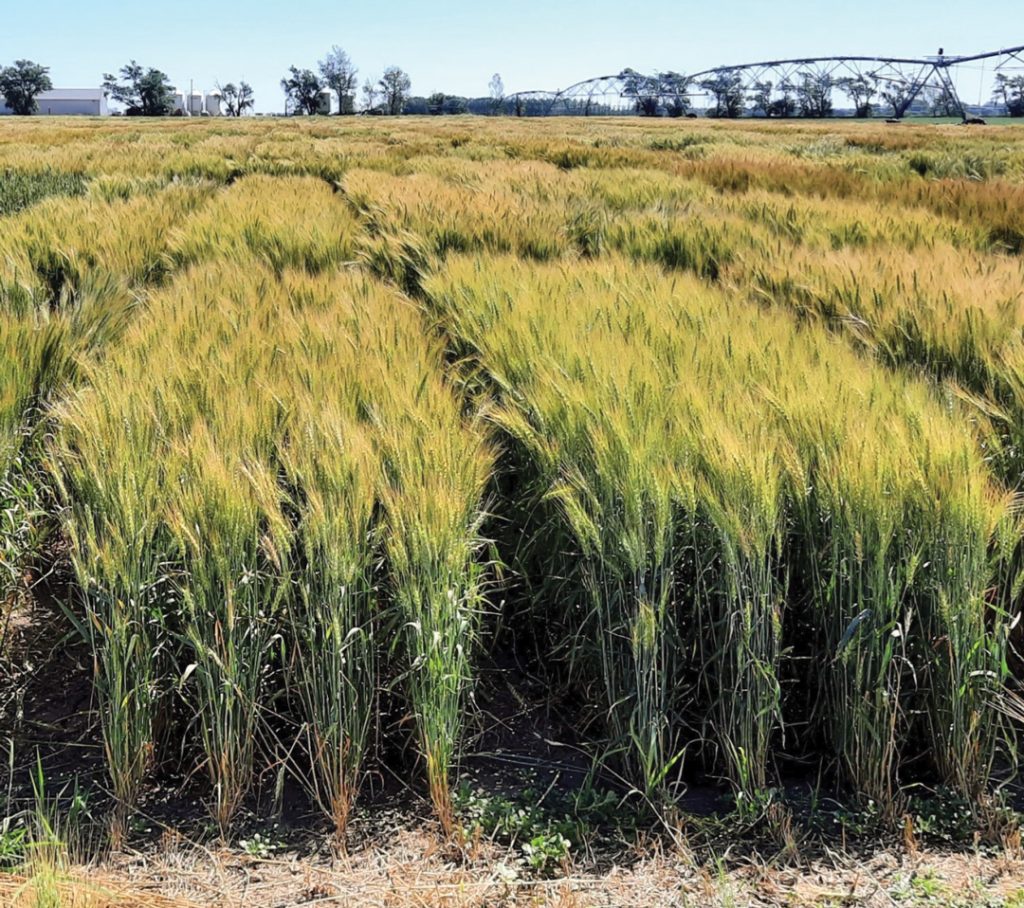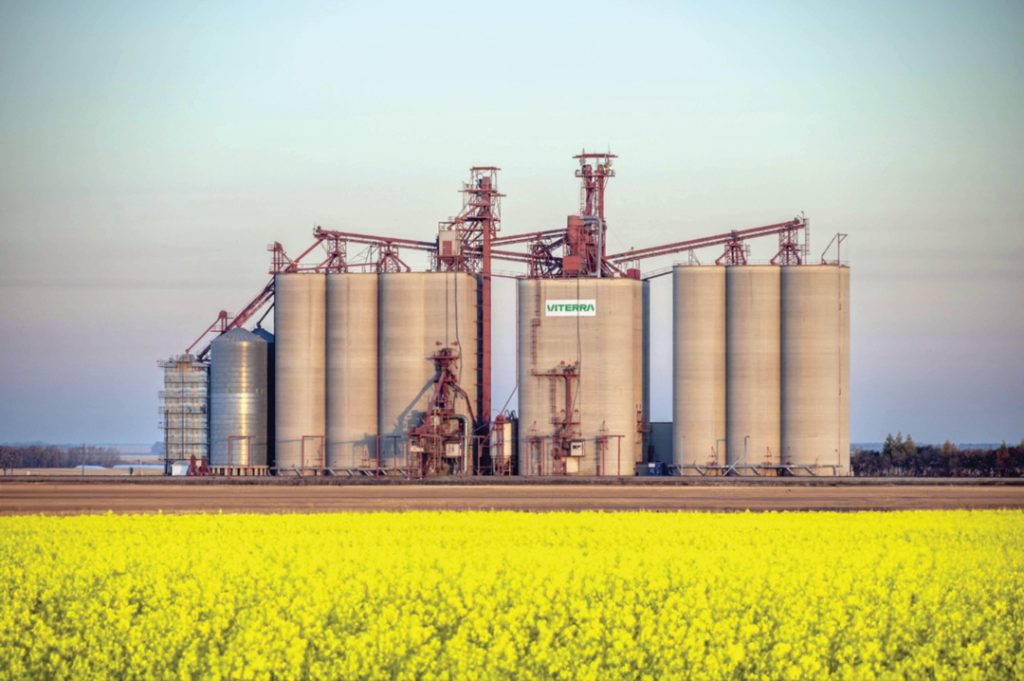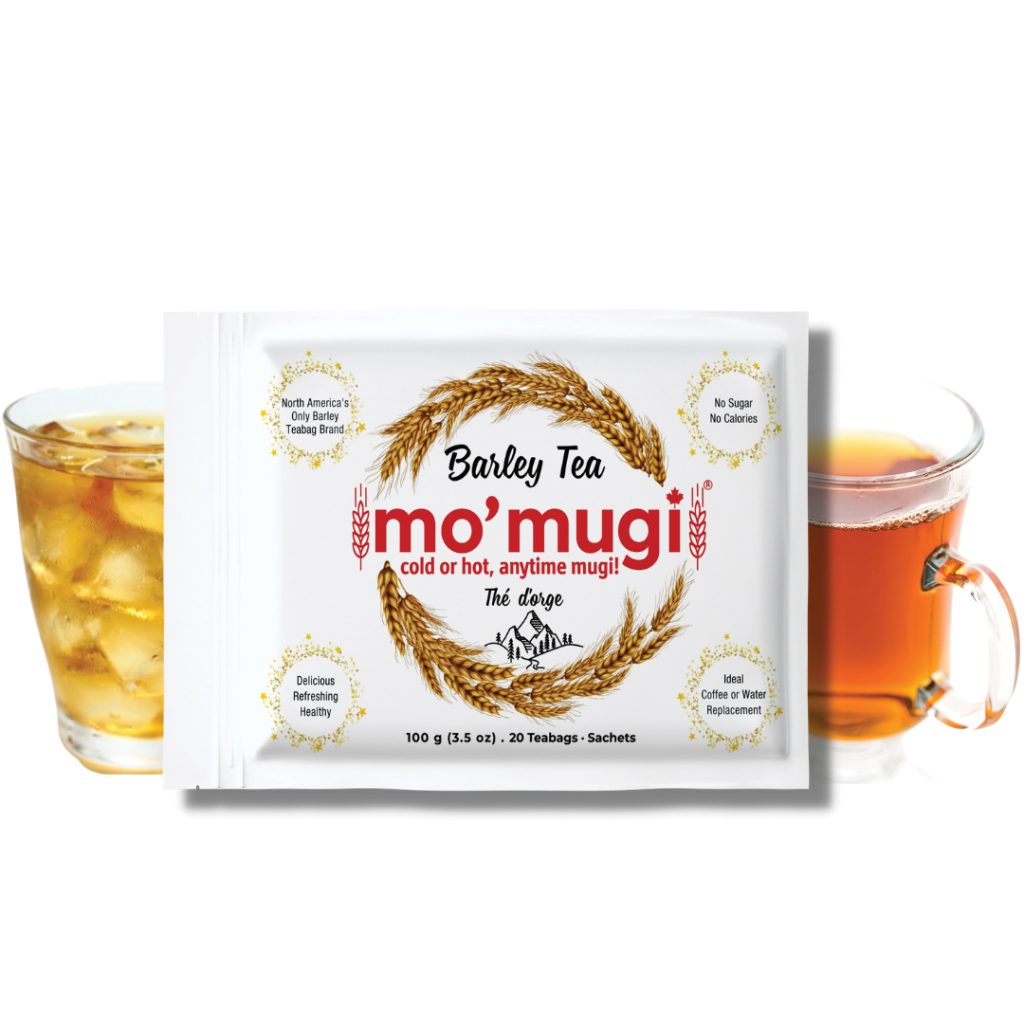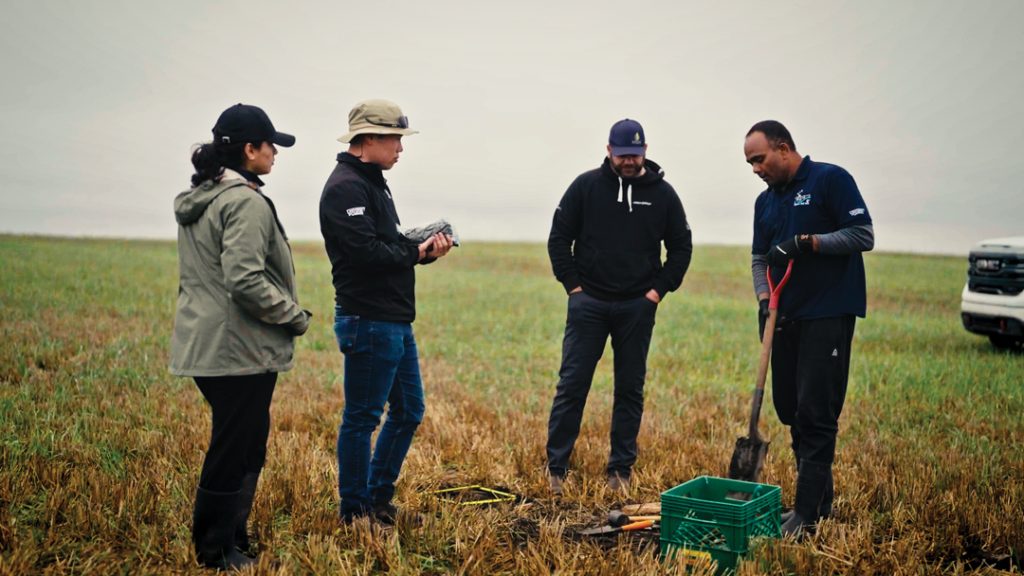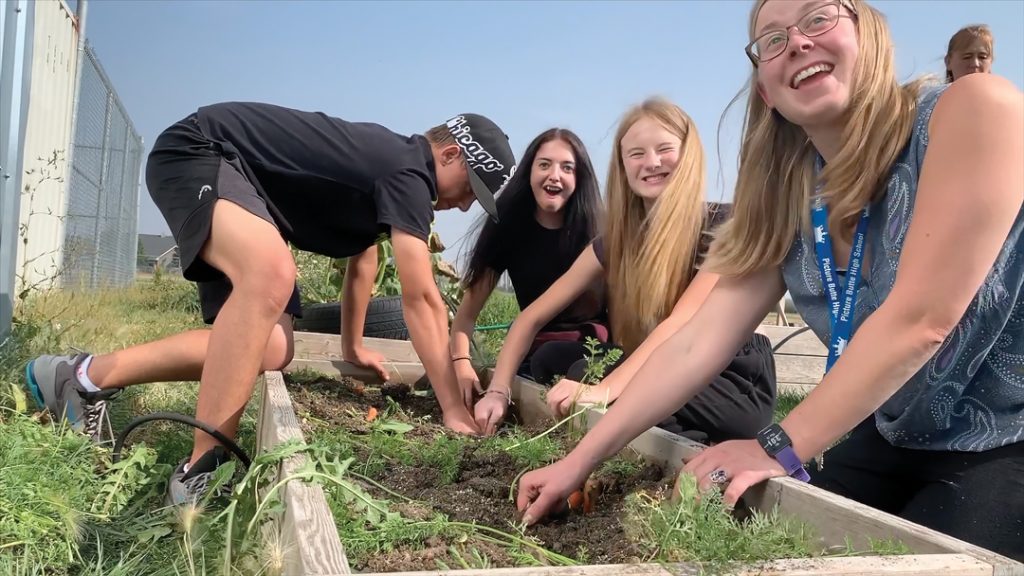SOIL STARDOM ON THE RISE
For decades, soil management decisions have been made based on chemical composition. The field of soil health has refreshingly expanded to include aspects such as organic matter and compaction, said Burton. “Soil health embraces the physical, chemical and biological, which is a much more meaningful representation of the state of soil.”





